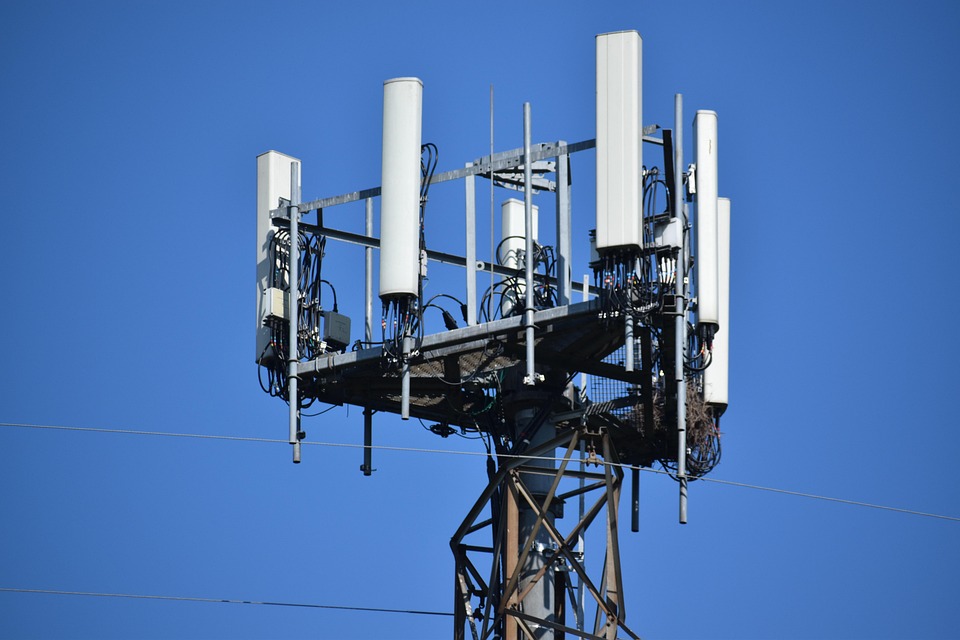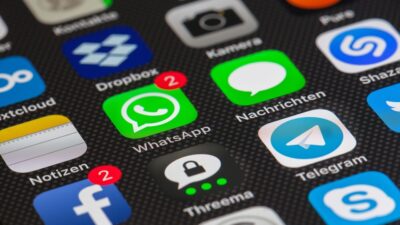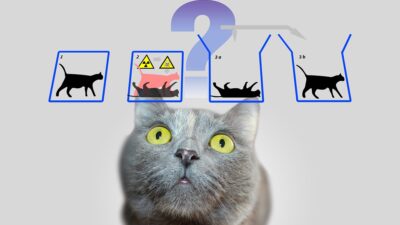From AI to IoT: How 5G Will Revolutionize Technology
In an era marked by rapid technological advancements, the integration of 5G technology stands as a transformative force that will reshape the landscape of industries ranging from telecommunications to healthcare, agriculture, and smart cities. As the fifth generation of mobile networks, 5G promises unprecedented speed, low latency, and the capacity to support a vast number of connected devices. Its impact will not only enhance existing technologies but also enable innovative applications across various domains, particularly in the realms of Artificial Intelligence (AI) and the Internet of Things (IoT).
The Foundations of 5G Technology
5G networks are characterized by their ability to transmit data at speeds exceeding 10 Gbps, with latency rates as low as one millisecond. This technology utilizes higher frequency bands, such as millimeter waves, to facilitate a massive increase in bandwidth. Compared to its predecessor, 4G, 5G is not merely an improvement; it represents a paradigm shift in how information is communicated and processed.
The Intersection of AI and 5G
One of the most significant benefits of 5G lies in its ability to enhance AI applications. High-speed connectivity allows for real-time data processing and analysis, enabling AI algorithms to analyze vast datasets more efficiently than ever before. For instance, businesses can leverage AI-driven analytics tools that operate on real-time data streams from IoT devices. This synergy can lead to improved decision-making, optimized operations, and enhanced customer experiences.
Moreover, 5G’s edge computing capabilities allow AI models to be deployed closer to the data source, reducing latency and minimizing the need for extensive cloud processing. This is particularly advantageous for applications that require immediate insights, such as autonomous vehicles and remote healthcare monitoring.
The Evolution of IoT with 5G
The rise of the Internet of Things (IoT) is intrinsically linked to 5G technology. With its ability to support millions of devices per square kilometer, 5G can handle the exponential growth of IoT devices expected over the coming years. Smart homes, connected vehicles, and industrial automation will benefit immensely from this enhanced connectivity.
For example, in smart cities, 5G can facilitate real-time traffic management using interconnected cameras and sensors. Data analytics powered by AI can optimize traffic flows, reduce congestion, and improve emergency response times. Similarly, in agriculture, 5G-enabled IoT devices can monitor soil conditions, crop health, and irrigation systems, leading to more efficient farming practices and improved yields.
Enhancements in Healthcare
One of the sectors poised to benefit greatly from 5G technology is healthcare. Telemedicine has been on the rise, but the broad implementation of 5G will take it to new heights. High-definition video consultations, remote surgeries, and real-time health monitoring can become more common, as it allows healthcare professionals to connect with patients in real-time, regardless of their location.
Wearable health devices, enabled by 5G, can continuously track vital signs and send alerts to healthcare providers if a patient’s condition deteriorates. This proactive approach will not only improve patient outcomes but also optimize healthcare resource allocation.
Challenges and Considerations
While the potential benefits of 5G are immense, there are challenges that must be addressed. The deployment of 5G infrastructure requires significant investment and planning. Further, concerns about data privacy and security become even more critical as more devices become interconnected. Policymakers, industry leaders, and communities must collaborate to establish robust frameworks that ensure the safe and ethical use of this transformative technology.
Conclusion
The advent of 5G technology heralds a new epoch in the integration of AI and IoT, unlocking possibilities that were previously deemed fanciful. From enhancing operational efficiency in industries to transforming the healthcare sector and enabling smart cities, the implications of 5G are expansive. As we embark on this digital revolution, a collective effort will be necessary to navigate the accompanying challenges while fully embracing the potential of this remarkable technological leap.
Ultimately, 5G is not just about faster internet; it’s about creating a connected ecosystem that empowers innovation, efficiency, and improved quality of life. As we stand on the cusp of this new era, it’s clear that the fusion of AI, IoT, and 5G will be at the forefront of technological evolution in the coming years.


